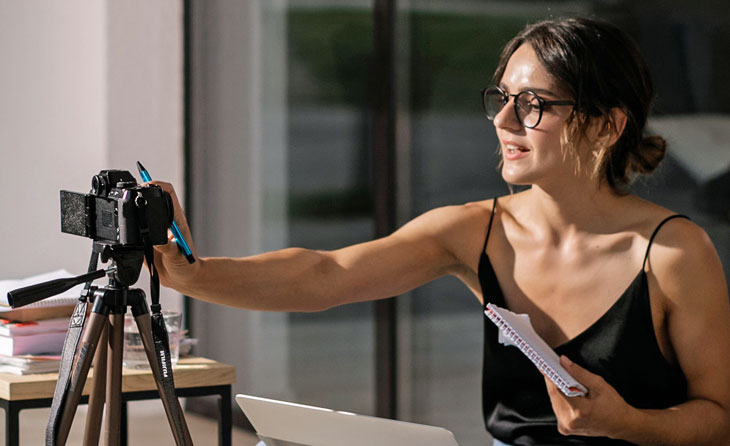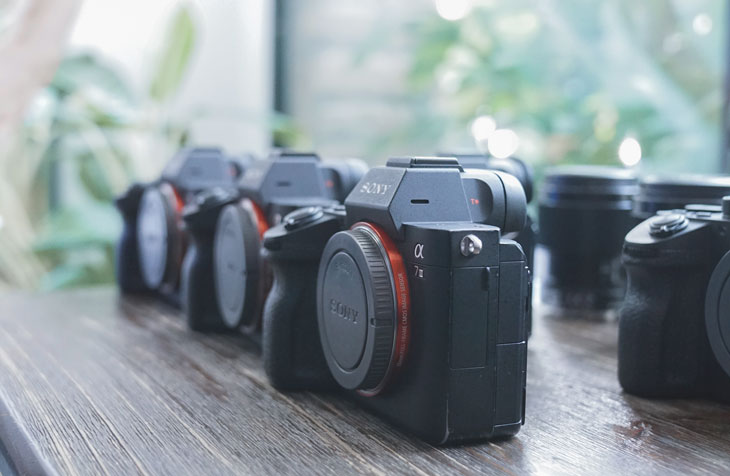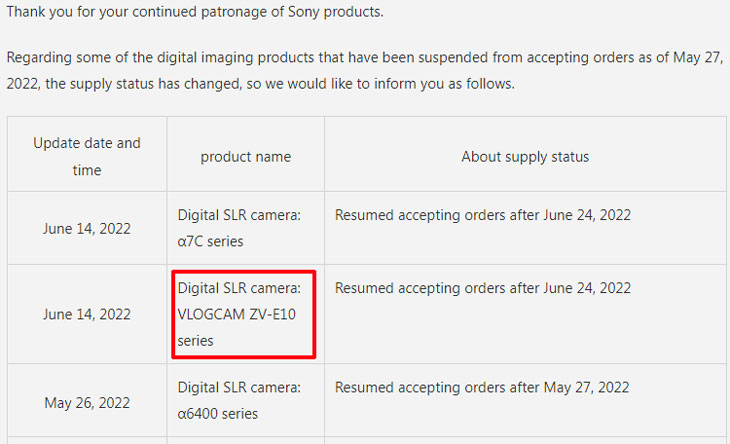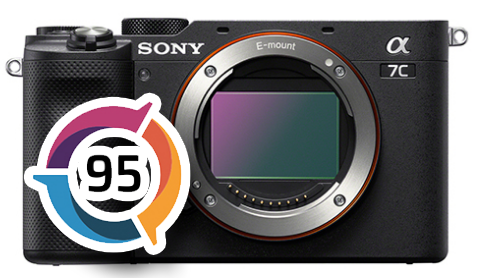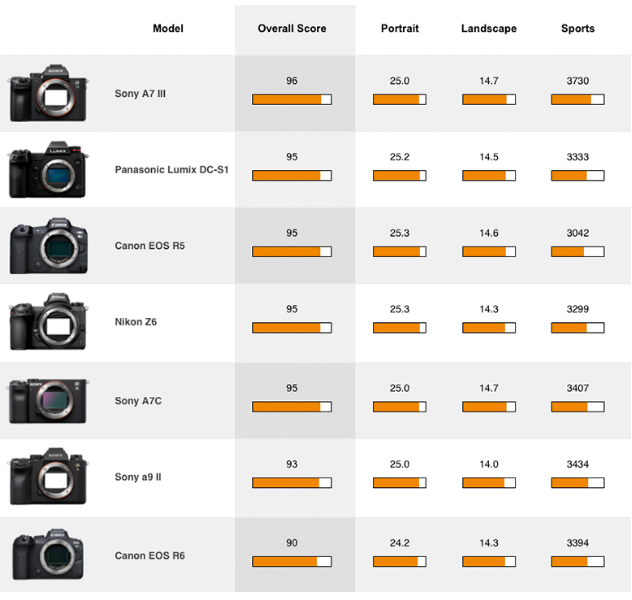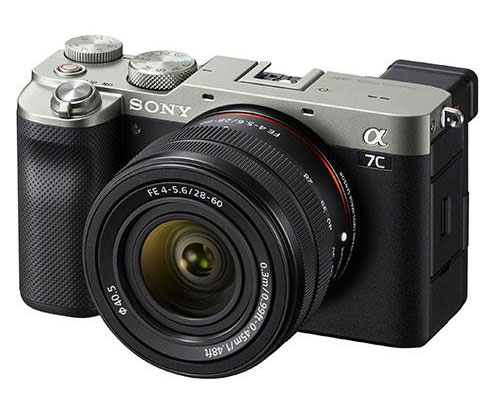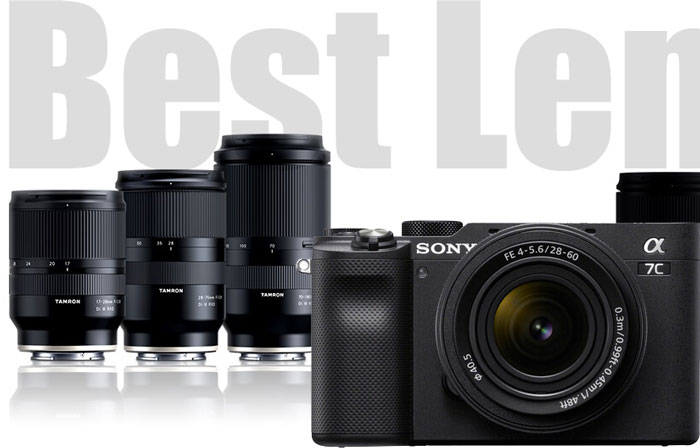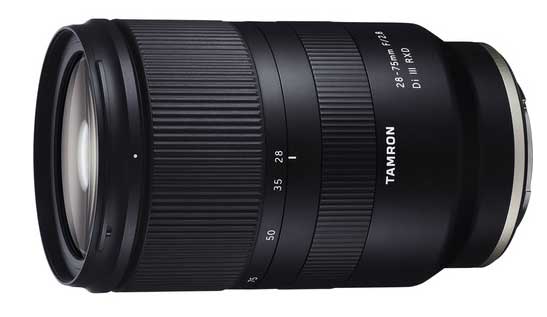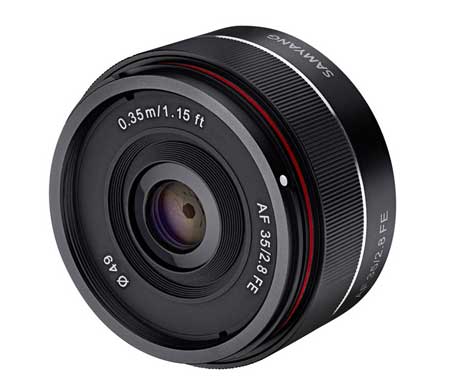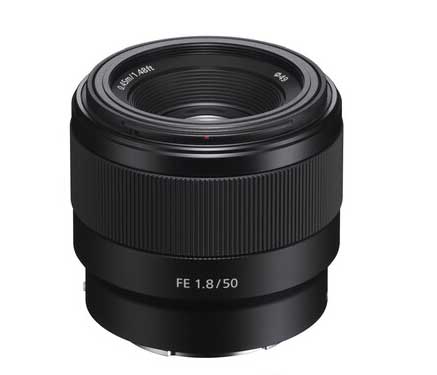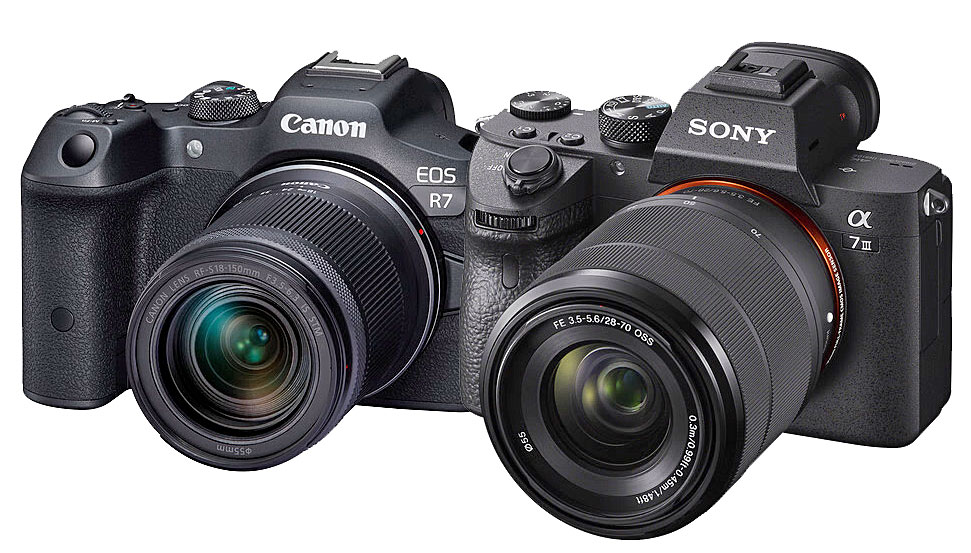
We are comparing these two cameras based on subscribers’ requests, Canon R7 is a recent announcement from Canon. The Canon R7 camera uses Canon RF Mount. The camera arrived with very impressive core specifications, for still shooters as well as video shooters.
The Sony A7 III camera was announced back in Feb 2018, it’s almost 4 years more. Sony A7 III was a very popular camera back in 2018, but A7 III sales were hit by the Nikon Z6 Mark II camera announcement. We have seen after the announcement of the Z6 Mark II camera, wedding photographers specifically in the Asian region now preferring up the Nikon Z6 Mark II combo with a 24-70mm F4 coverage lens and an 85mm F1.8 Prime.
The big issue is that Sony A7 IV arrived at a higher price slot and it’s not a true replacement for the Sony A73. We need a perfect replacement for the Sony A73 camera in the same price range.
Canon R7 camera now catching up to many photographers’ eyes, due to its high-resolution 32.5MP sensor, super fast DPAF 2nd generation AF system, and ability to record 40bit 4k 60p videos in CLog.
In this comparison, we will try to find out the best camera between the two, in terms of image quality, AF speed, and Video performance.

1. Sensor
So, we have two entirely different sensors here, the sensor sitting inside the Canon R7 camera is a 1.6X Crop sensor / APS-C Sensor and the Sony A73 camera has a full-frame BSI CMOS sensor. Despite being an APS-C Sensor the resolution is 32.5 MP, which is higher than of Sony A7 III full-frame sensor with a 24MP sensor.
In general, when we compare a full-frame sensor with an APS-C we do assume that since we have a Fullframe sensor on the other side so we will also have better low-light performance and better detail capturing ability from the full-frame, but here you have nothing to assume.
We will test both sensor performance at High ISO and as well as in base ISO for details. And then we will find out the best sensor for you.

image credit https://www.dpreview.com/reviews/image-comparison?
As you can see the detail(s) capturing ability of the Canon R7 is more compared to Sony A7 3 camera. At base ISO 100, Canon 32.5 MP APS-C CMOS Sensor is able to grasp more details in the image compared to Sony’s A7 III 24.2 MP Fullframe sensor.

At a high ISO test, you can clearly see the full frame advantage, with the Sony full-frame sensor we are getting roughly 1 stop of low-light advantage. So, if ur shooting mostly in a low-light environment Sony A7 III will be more helpful.

2. Fast AutoFocus
Both cameras feature an advanced autofocus system, the Canon R7 features Dual Pixel CMOS AF II coming straight out from the Canon R3. The Canon R7 blazing fast AF system is capable to record 30FPS with will time AF/AE active. The Sony A7 III camera does have a fast AF system but lags behind Canon R7.
|
Sony A7 III |
Canon R7 |
| Focus Type |
Auto and Manual Focus |
Auto and Manual Focus |
| Focus Mode |
Automatic, Continuous-Servo AF, Direct Manual Focus, Manual Focus, Single-Servo AF |
Continuous-Servo AF, Manual Focus, Single-Servo AF |
| Autofocus Points |
Phase Detection: 693
Contrast Detection: 425 |
Photo, Video
Phase Detection: 651 AF Zones |
|
|
In total, the EOS R7 offers 5,915 AF points for shooting stills and 4,823 in video mode. |
| continuous drive |
Up to 10 fps at 24.2 MP for up to 89 Frames (Raw) / 177 Frames (JPEG) |
Mechanical Shutter
Up to 15 fps at 32.5 MP for up to 224 Frames (JPEG) / 51 Frames (Raw) |
|
|
Electronic Shutter
Up to 30 fps at 32.5 MP for up to 126 Frames (JPEG) / 42 Frames (Raw) |
| Autofocus Sensitivity |
-3 to +20 EV |
-5 to +20 EV |
As you can see in the table above, the Canon R7 features a massive number of 5K AF points which is grouped further into 651 AF zones, and 4.8K AF points of the R7 camera remain active when you shoot videos in 16:9 ratio. The AF sensitivity of the Canon R7 camera goes down to -5Ev, helpful to detect AF in low-light conditions. Among both, Only R7 has the possibility of performing focus stacking in the camera.
| Recording Modes |
H.264/XAVC S
UHD 4K (3840 x 2160) at 23.98p/25p/29.97p [60 to 100 Mb/s]
Full HD (1920 x 1080) at 100p/119.88p [60 to 100 Mb/s]
Full HD (1920 x 1080) at 23.98p/25p/29.97p/50p/59.94p [50 Mb/s]
AVCHD/H.264
Full HD (1920 x 1080) at 50i/59.94i [24 Mb/s]
Full HD (1920 x 1080) at 50i/59.94i [17 Mb/s] |
H.265/MP4 4:2:2 10-Bit
UHD 4K (3840 x 2160) at 23.98p/25p/29.97p/50p/59.94p
Full HD (1920 x 1080) at 23.98p/25p/29.97p/50p/59.94p/100p/119.88p
H.264/MP4 4:2:0 8-Bit
UHD 4K (3840 x 2160) up to 23.98p/25p/29.97p/50p/59.94p
Full HD (1920 x 1080) up to 23.98p/25p/29.97p/50p/59.94p/100p/119.88p |
| Gamma Curve |
HDR-HLG, Sony S-Log 2, Sony S-Log 3 |
Canon Log 3, HDR-PQ |
| Recording Limit |
Up to 29 Minutes |
Unlimited |
| Video System |
NTSC/PAL |
NTSC/PAL |
| Built-In Microphone Type |
XAVC S: 2-Channel LPCM Audio
AVCHD: 2-Channel AC-3 Audio |
MP4: 2-Channel AAC Audio
MP4: 2-Channel LPCM Audio |
|
|
3. Video Specifications
Canon R7 is capable of recording 4K up to 60p and provides 10-bit 4:2:2 for internal recording. Sony A7 III remains limited to 8 bit recording and 4k video recording mode up to 30fps. The Canon R7 with its 32.5 MP APS-C sensor can record 4K, without a crop, up to 30p, oversampling from a 7K area (due to the higher megapixel count on the sensor to start with). But also keep in mind
If you want 4K 50/60p on the R7, you have two options:
- no crop, but the quality decreases since the Camera starts using the pixel binning / line-skipping method
- record on a 3840×2160 – Full sensor readout mode, which translates into a more severe 1.8x crop. The latter means a small portion of the sensor is used to record the video.
| Max Bit Rate |
|
| Canon R7 |
340 Mbps @ 10 bit (4k 60p HQ) |
| Sony A7 III |
100 Mbps @ 8 bit (4k 30p) |
10 Bit matters, as well as bit rates, the more bit rate ur getting from your camera, is directly proportional to the video quality.
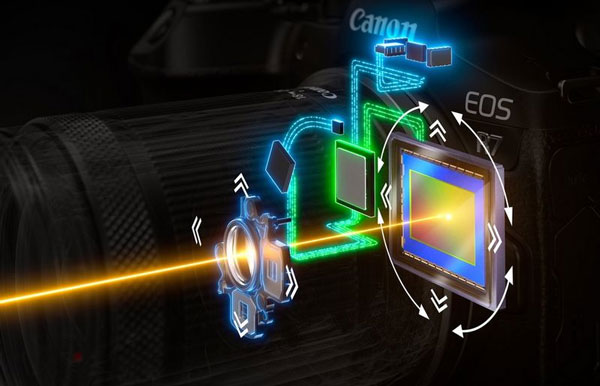
4. Image Stabilization
Canon R7 features an advanced mechanical image stabilization unit, R7 IBIS system corrects up to 7 stops of camera shake when shooting handheld. This 5-axis system can be also used in conjunction with OIS lenses to compensate for up to 8 stops of camera shake depending on the specific lens in use. Sony A7 III IBIS is effective up to 5 Stops.

As we all know that Sony A7 III is free from overheating under normal conditions. If you watch Gordon Laing’s hands-on on YouTube, the video test shows even the Canon R7 is free from overheating as well and you can record up to an hour of 4k 30p high-quality videos without any issues.
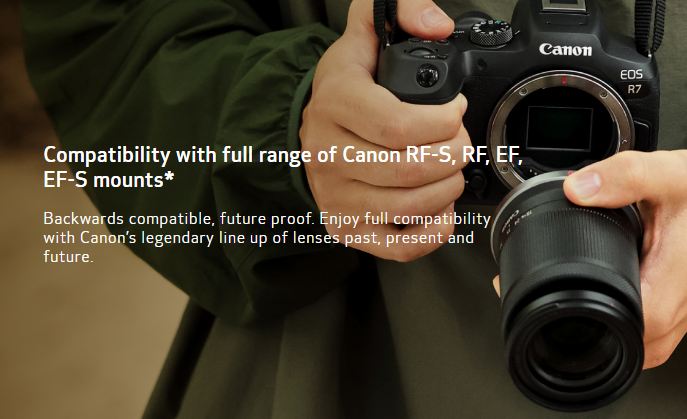
6. Lenses ECO System
As we all know Sony has an open Lens ECO system, we have a lot of options from Sony as well as they are somehow affordable too. In, Canon we do have some limitations. Although you can use DSLR lenses with an EF to EOS R adapter. But, that’s not so recommended if ur a Sports shooter or cinematographer.
It depends upon you, if ur able to find out your own usable lenses under budget then it’s super awesome, otherwise better to shift to Sony.
But, don’t worry at all I have already written the best lenses for the Canon R10 guide, you can select any of these lenses for Canon R7 camera too. And also we have the Best lens guide for the Sony A73 camera.
Conclusion
Despite having sensor size limitations, Canon R7 does have the ability to capture more details, a better AF system, and also features advanced video recording modes with a 10-bit RAW recording option. On the other, we have a Sony A73 camera with 1 stop better low-light performance and open lens ECO system.
If ur is able to find ur lenses in Canon or even third-party lens makers for your work, and
Get Canon R7 from Amazon.com |
Get Sony A7III from B&H Store | Amazon.com
Support us – Use or affiliate link Amazon.com | B&H Store for the next purchase u make – it helps uu
Also, see
Nikon Z30 vs Canon SL3 Canon 200D Mark II




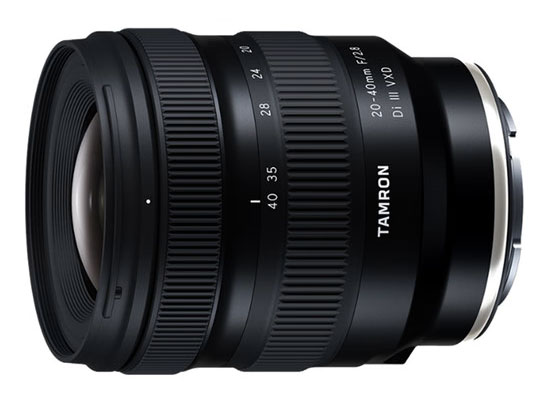 Tamron 20-40mm F2.8 RXD
Tamron 20-40mm F2.8 RXD 